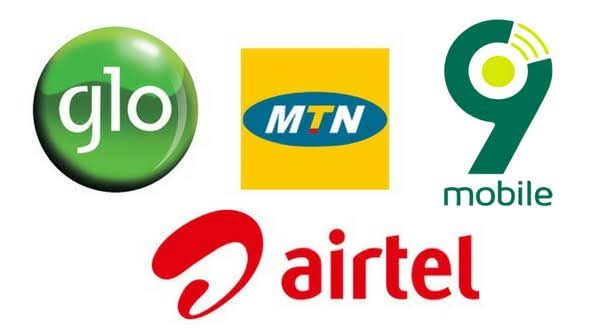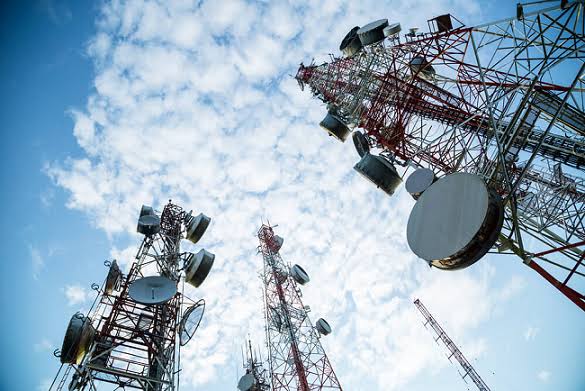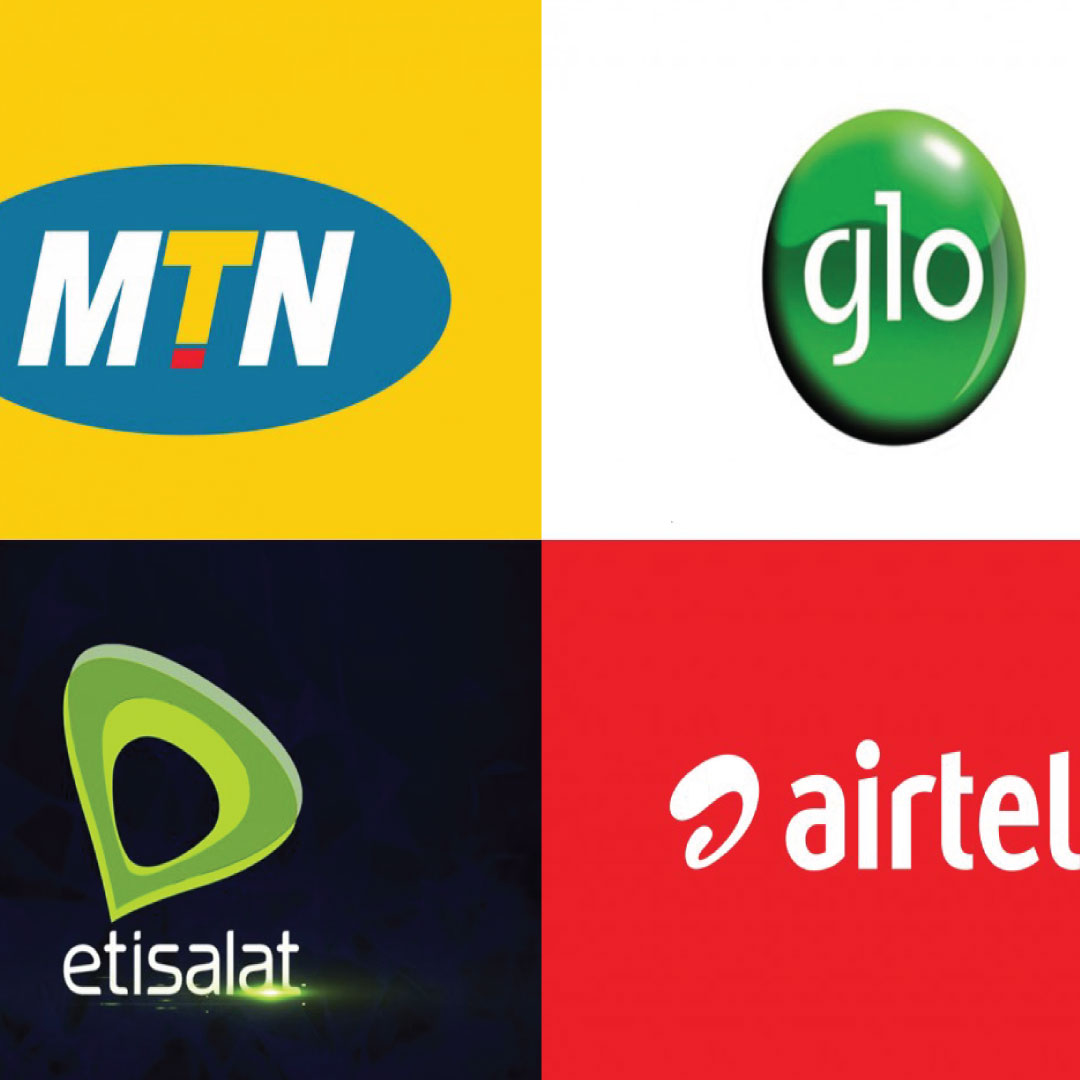Nigerian telecom providers have proposed raising their rates by 100 percent, pending government approval as they aim to address increasing operating costs such as inflation and higher service delivery expenses.
The proposal has been presented to the Nigerian Communications Commission for approval, according to Karl Toriola, CEO of MTN Nigeria,who made the disclosure in an interview on Arise TV on Thursday.
The CEO acknowledged that it is unclear if NCC will approve the request.
Read also: NCC okays disconnection of Exchange Telecommunications from MTN over unpaid charges
Toriola asserted that the industry, which has been under a lot of financial strain because of growing operating expenses, needed the planned tariff increase to remain viable.
“We’ve put forward requests of approximately 100 per cent tariff increases to regulators. I doubt they’re going to approve that quantum of increases because they are very, very sensitive to the current economic situation in the country,” Toriola said.
Despite the difficulties, Toriola said he was certain regulators would make the right choice while considering the industry’s realities.
The CEO underlined that long-term industry sustainability is more important than immediate financial gain.
“I believe we’re all on the same side, the policymakers, the regulators, our Chairman of ALTON, Gbenga Adebayo, and the industry. We’re united because we share concerns about a few fundamental issues. First, human rights are critical to driving any economy. Without a sustainable industry, the broader economy and the well-being of the people will be negatively impacted.”
Factors affecting the telecom industry
The proposed hike comes as telecom businesses’ costs are on the rise due to several variables, including inflation, variations in exchange rates, and the rising cost of essential operational inputs including raw materials, power generation, and diesel.
Toriola emphasised the strain that these growing expenses have placed on telecom companies, making it challenging for them to continue operating profitably.
Operators warned in a statement earlier this week that unless prices are changed to reflect rising operating costs, service interruptions are imminent.
According to Engr. Gbenga Adebayo, Chairman of the Association of Licensed Telecommunications Operators of Nigeria, the telecom industry is “under siege,” with rising energy prices, unstable exchange rates, and inflation driving up operating costs.
Read also: Egypt’s telecom sector may raise prices again: What this means for consumers
Telcos threaten service disruptions
In the absence of a quick tariff adjustment, the telecom chief said, operators would turn to load shedding, which would result in a restricted supply of telecom services in some locations.
No notable progress has been made since the initial demand for a tariff adjustment was submitted in April 2024.
In a joint statement, ALTON and the Association of Telecommunications Companies of Nigeria urged the Federal Government to encourage a positive discussion with industry stakeholders in light of the mounting financial burden.
After 11 years of tariff stability, the groups highlighted the need for a framework that strikes a compromise between operators’ financial sustainability and consumer affordability.
Operators are urging all stakeholders to take action before it’s too late, stating that failure to do so will jeopardise the sustainability of one of Nigeria’s most vital businesses, as they share a commitment to safeguarding the sector’s future.



